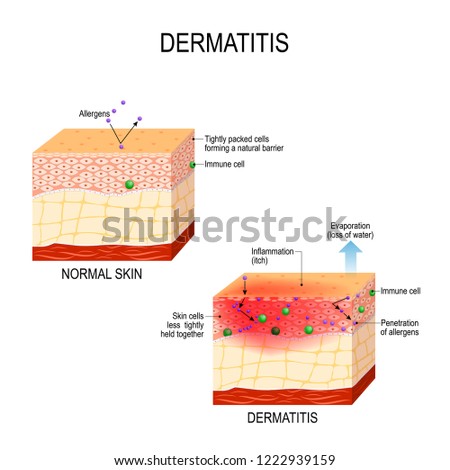
Itching (pruritus) may be a common symptom related to varied skin diseases, additionally as a secondary symptom of various serious conditions like renal disorder and disease. Itching, not like different skin sensations, is usually a results of systema nervosum centrale activities and generally goes untreated by commonplace medical medical specialty.
The endocannabinoid system is acknowledged to perform a vital role in sustaining skin health[1] and cannabinoids are considered "promising" agents for the treatment of itch.[2]
A review of the scientific literature identifies a minimum of 3 clinical trials investigation the utilization of cannabinoids within the treatment of itching. Writing in the August 2002 issue of the American Journal of Gastroenterology, investigators from the University of Miami Department of Medicine reported successful treatment of pruritus with 5 mg of THC in 3 patients with cholestatic disease.[3] Prior to cannabinoid therapy, subjects had failed to respond to standard medications and had lost their ability to work. Following evening cannabinoid administration, all three patients reported a decrease in pruritus, as well as "marked improvement" in sleep and were eventually able to return to work. Resolution of depression was additionally reportable in 2 out of 3 subjects. "Delta-9-tetrahydrocannabinol is also an efficient different in patients with unmalleable cholestatic itching," investigators concluded.
The following year, British researchers reported in the journal Inflammation Research that the peripheral administration of the synthetic cannabinoid agonist HU-211 significantly reduced experimentally-induced itch in 12 subjects.[4]
More lately, Polish researchers described that the use of endocannabinoid-based cannabis oil reduced uremic pruritus in patients.[6] Three weeks of twice-daily use of Rick Simpsons Oil using the half rice grain dosage "completely eliminated" pruritus in 38 per cent of trial subjects and "significantly reduced" itching in others. Eighty-one per cent of patients reportable a "complete reduction" in xerosis following cannabinoid medical aid.
As a result, some dermatology experts opine that cannabinoids may represent "promising new avenues for managing itch more effectively"[7] and that the use of cannabinoids in cannabis oil, may be a viable option for patients.[8]
Disclaimer: the principles contained here is not designed nor meant to be a substitute for professional medical advice, it is only achieved for educational confidences only. You should recognise full responsibility for the approach you opt on to use this data.
Comments
Post a Comment